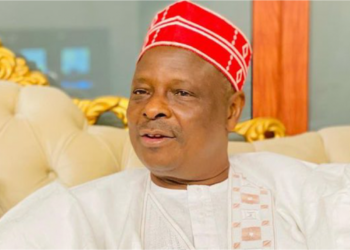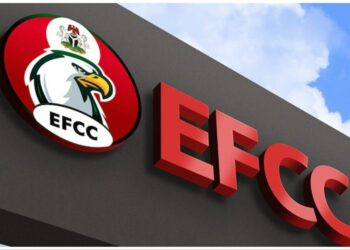Nigerians in Diaspora have been described as the chief enablers financing the Nigerian economy. The remittance inflows into the country showed that the nation depends largely on them to survive.
This disclosure was made by the Leader and Chief Economist of PwC, Dr Andrew Nevin. While speaking during his presentation at the Africa Institute for Leadership and Public Administration (AILPA) seminar, which was covered by Nairametrics, Nevin said Nigeria was the largest recipient of remittance flows to Sub-Saharan Africa (SSA) in 2018.
With migrant remittance to the country rising by 14%, after a brief decline in 2016, from $22 billion in 2017 to over $25 billion in 2018, Nevin explained that the value of migrant remittances in 2018 represented 6.1% of Nigeria’s GDP, 11 times the FDI inflows, and 7.4 times larger than the foreign aid received in 2017.
Nevin further explained that the remittance inflow is not slowing down any sooner, as it is projected to increase to over $29 billion by 2023 undisturbed by the rising migrant population of Nigerians and the declining cost of sending money home. Occasioned by the activities of fintechs.
Speaking on the topic, ‘The relationship between good governance and economic prosperity,’ Nevin, who is also the Co-founder of Binkabi, said the economic impact of good governance cannot be overemphasized as it is crucial to the economic prosperity of the country.
He made known that the government needs to focus more on delivering adequate services to the people instead of channelling all its efforts on raising the nation’s GDP. He added that a shift towards measuring SDG’s to GDP should be done.
According to Nevin, Nigeria ranks low on the Sustainable Development Goals index compared to other countries globally and across Africa.
Shrinking public fund and low taxation in Nigeria
Over the last two-decade, Nigeria’s expenditure penetration rate has shrunk from 25% in 2000 to 13% in 2018 and it is estimated to decline marginally to 12% in 2020, Nevin explained.
According to him, the country also has the lowest expenditure per capita among countries like Brazil, South Africa and India.
Nelvin stressed that while the Finance Bill aims to improve the fiscal structure of the government, more still needs to be done in terms of making taxation work effectively in the country.
Nevin’s words: “The government needs to focus on delivering services so that the people will be more likely to pay their taxes. In addition to this, the government itself has to be more tax compliant, many of the government organisations withhold taxes from their employees at the end of the month.
“It’ll be easier to pay more taxes if the economy is growing. When the economy is declining, it’s very hard to ask people to pay more but if we were growing faster, then we would find a way.”
Formal versus Informal sector
For Nevin, the informal sector of the economy is directly affecting governance in more than one way. He said that more people choose to work in the informal sector rather than the formal sector of the economy because it is more attractive to them.
He said the formal sector is choked with complexities from the government amidst rules and regulations which are too costly.
Nevin, however, stressed that the informal sector has grown to a large extent. This, he said is detrimental to the economy as the formal sector needs to be growing more.
“For Nigeria economy to become more prosperous we need the formal economy to grow faster than the informal economy. Maybe the informal is doing better because more people are attracted into joining them than the formal and this is obviously because of the poor governance that exist as well as the inequality in the rules and regulations,” Nevin said.










